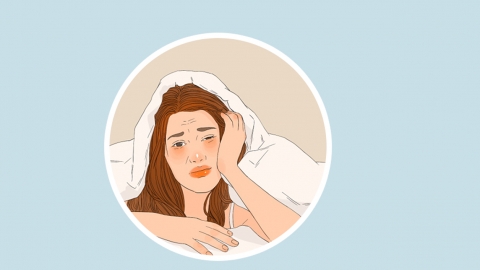Do individuals with Klinefelter syndrome have sexual desires?
Generally, patients with Klinefelter syndrome usually have sexual desire if their hormone levels are properly regulated and they do not suffer from severe psychological issues. However, if there is significant hormonal imbalance or high psychological stress, their sexual desire may be reduced. If concerns arise, it is recommended to seek medical consultation early. The detailed analysis is as follows:

If patients with Klinefelter syndrome receive medical interventions (such as testosterone supplementation) that adjust their hormone levels close to the normal range, and if they do not experience serious psychological problems such as anxiety or low self-esteem—especially when they have a positive acceptance of their condition—they typically maintain sexual desire. In such cases, physiological functions improve and psychological status remains stable, allowing sexual desire to stay at a reasonable level, with minimal difference compared to the general population.
If patients with Klinefelter syndrome do not receive timely intervention, persistently low testosterone levels may impair reproductive system development. Additionally, significant psychological burdens caused by the condition—such as self-rejection or social anxiety—can lead to reduced sexual desire. Hormonal imbalances directly affect libido, while psychological issues further suppress sexual needs, resulting in diminished interest in intimate relationships.
Patients with Klinefelter syndrome should regularly monitor their hormone levels and follow medical advice for targeted treatment. Those experiencing abnormal sexual desire or psychological distress should promptly seek professional medical and psychological support. Understanding and support from family and friends are also essential to help patients develop a positive mindset and improve their quality of life.








